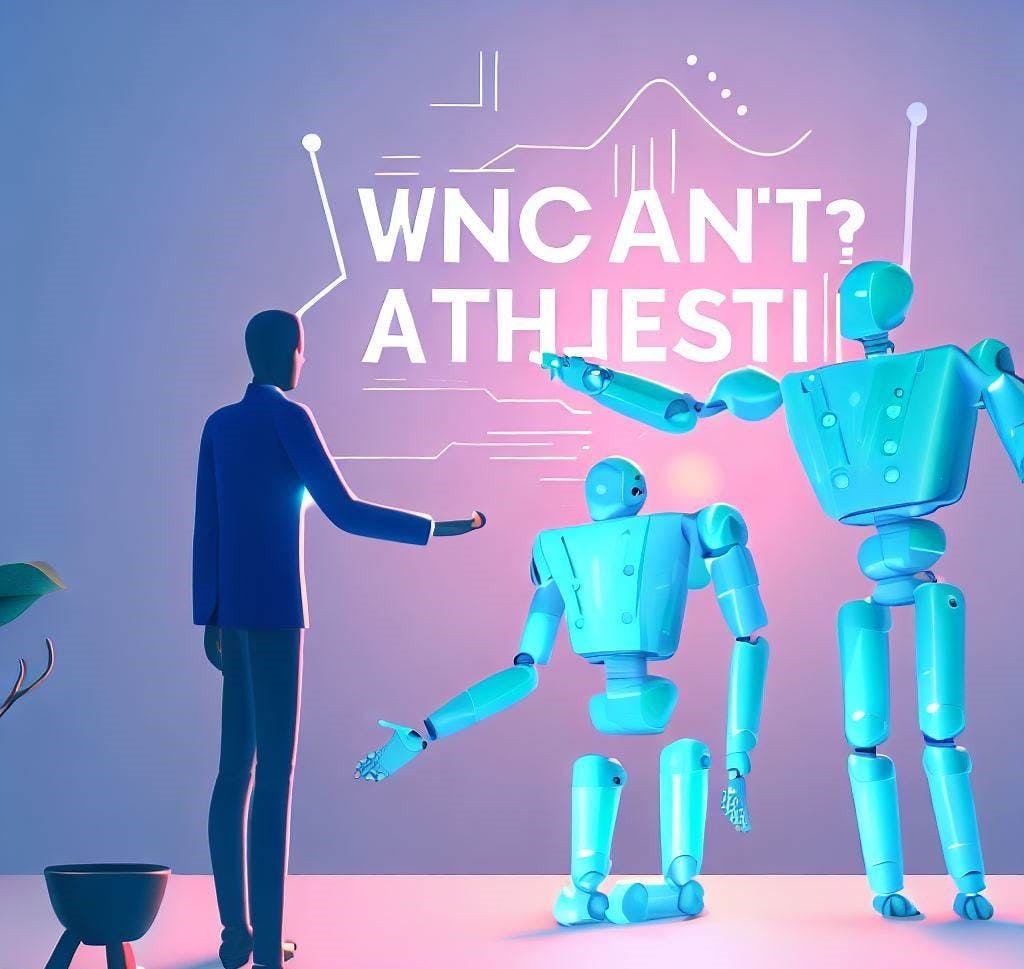
ChatGPT
AI language models like ChatGPT offer valuable assistance but require independent verification due to limitations in complex math problem-solving and generating error-free code.

In today's digital era, AI language models like ChatGPT have become increasingly popular for their ability to assist users in various tasks. Acting as virtual assistants, these models can offer explanations, provide information, and even generate code snippets. However, it's crucial to recognize that these AI models have inherent limitations. This blog aims to shed light on the areas where ChatGPT falls short, emphasizing the importance of using caution and verifying information independently.
As an avid user of ChatGPT, I have experienced both the benefits and limitations of relying solely on AI language models. Initially, I found ChatGPT to be a helpful resource, utilizing it for coding problems and understanding complex source code, like Kubernetes. It provided insights and explanations that were invaluable. However, I also discovered its shortcomings when I pushed it beyond its capabilities.
Mathematical Problem Solving
While ChatGPT can perform various mathematical calculations, it lacks the precision and reliability of a dedicated calculator or mathematical software. In my personal experience, when solving complex math's problems, I encountered discrepancies between the steps generated by ChatGPT and the actual correct solution. This highlighted that ChatGPT relies heavily on its training data and doesn't perform actual calculations. Therefore, it's crucial to cross-check mathematical results independently.
ChatGPT can be a useful aid for understanding programming concepts and providing code examples. However, it is not foolproof when generating code or debugging errors. In instances where I asked ChatGPT to generate code, it occasionally produced incorrect results. When questioned about the error, ChatGPT would apologize and attempt to troubleshoot the code using generated troubleshooting data. This underlines the fact that ChatGPT's responses are based on patterns learned during training and not on actual execution of code.
It is vital to approach AI language models like ChatGPT with a critical mindset. While they can be valuable tools, they have limitations that must be acknowledged. Here are some important considerations:
AI language models rely on the vast amount of data they were trained on. They often generate responses based on patterns learned from that data. As a result, the accuracy and reliability of their responses can be influenced by the limitations and biases present in the training data.
AI models, including ChatGPT, lack real-time context and external information. They cannot access the internet or provide up-to-date information. Therefore, their responses are limited to the knowledge available during their training period.
AI models should not be used for illegal or unethical purposes. Forcing an AI model to perform operations that are illegal or asking it to generate inappropriate content is against responsible and ethical usage.
ChatGPT and similar AI language models have transformed the way we interact with information. They can provide valuable insights, explanations, and assistance across various domains. However, it's important to be aware of their limitations. When utilizing AI models, exercise caution, verify information independently, and apply critical thinking. Embracing these principles will help us make the most of these tools while ensuring accurate and reliable results in our endeavors.